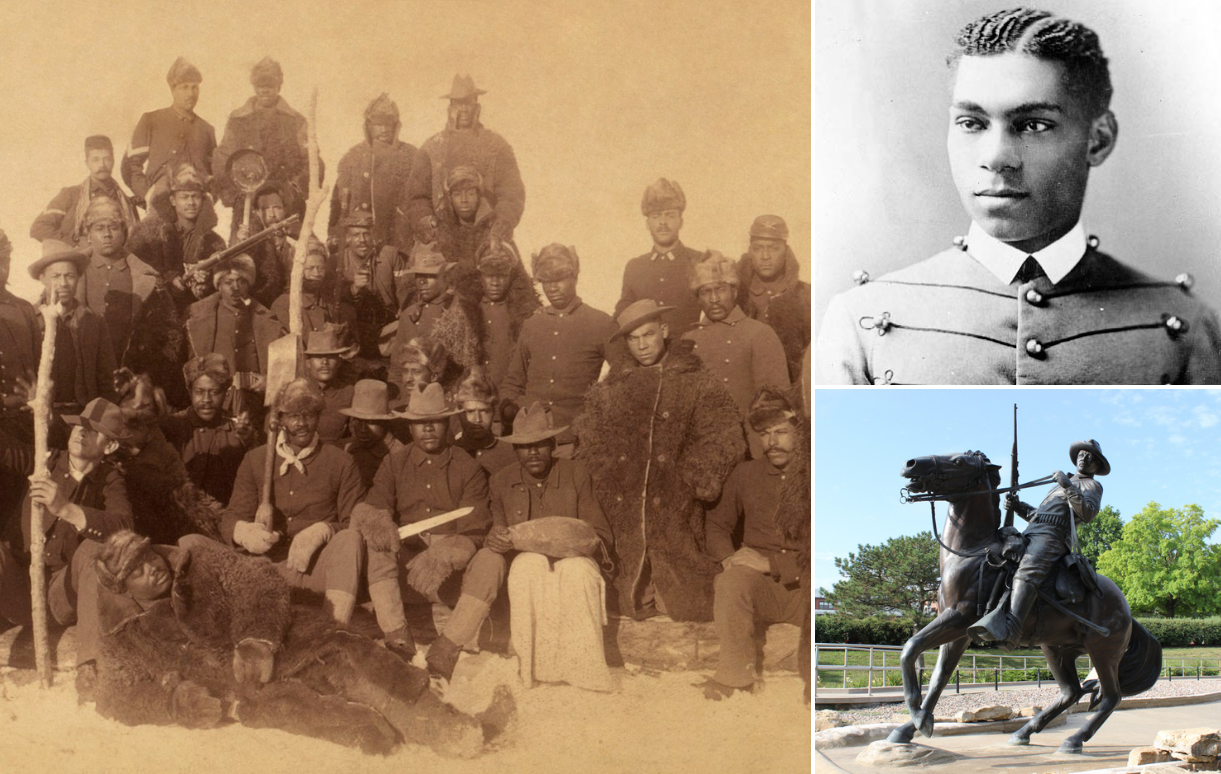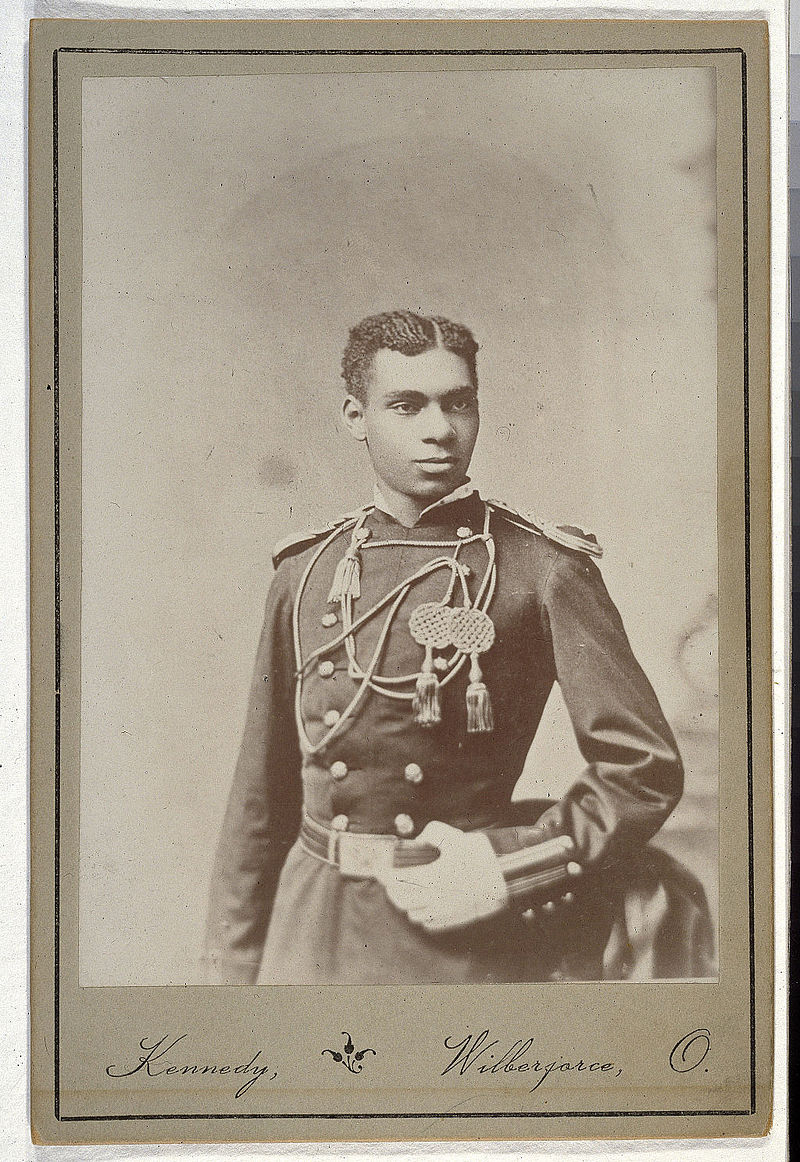
In 1877, a significant milestone in American military history was achieved when Henry Ossian Flipper became the first African American to graduate from West Point, the prestigious U.S. Military Academy. This accomplishment earned him a commission as a second lieutenant in the U.S. Army, breaking barriers and paving the way for future generations of African American soldiers. Learn more about the man who served his country with honor and fought injustice tenaciously.
Journey of Service
Born into slavery on March 21, 1856, in Thomasville, Georgia, Flipper’s father used all his savings to successfully beg his enslaver to buy his son and wife so they could remain together. Following the Civil War, he entered the newly established Atlanta University in 1869.

Flipper had ambitions to become a U.S. Army soldier so in 1873, he wrote Congressman James Freeman for his recommendation to U.S. Military Academy at West Point. Later that year, he entered West Point and became the sixth African American man accepted. Over the next four years, he prevailed over harassment, insults and isolation to graduate. He became the first African American to graduate from West Point and the Army’s first African American officer.
Pioneering Buffalo Soldier
Flipper’s assignment to the 10th Cavalry Regiment at Fort Sill, Oklahoma was particularly noteworthy, as it was one of the four renowned Buffalo Soldier regiments in the Army. These regiments, comprised primarily of African American soldiers, played a crucial role in the westward expansion of the United States during the late 19th century. The term “Buffalo Soldiers” was given to these troops by Native Americans, who respected their fighting prowess and likened their dark, curly hair to that of the buffalo.
At Fort Still, Flipper served as a scout, engineer, construction supervisor, post quartermaster and commissary officer. Some of his most notable accomplishments were engineering projects including “Flipper’s Ditch.” This drainage system helped prevent the spread of malaria. Today it is regarded as a National Historic Landmark.
Unfortunately, while serving at Fort Davis, Flipper’s commanding officer accused him of embezzling $3,791.77 from commissary funds. A court-martial found him not guilty of embezzlement but convicted him of conduct unbecoming an officer and ordered him dismissed from the Army. He fought for the rest of his life to clear his name. In 1999, President Bill Clinton officially pardoned Flipper’s record.
Learn more about his story:
As the first black officer to command regular troops in the U.S. Army, Flipper’s appointment was groundbreaking. His achievements not only contributed to the distinguished history of the Buffalo Soldiers but also marked a significant step towards racial integration within the U.S. military.
Flipper’s story reminds us that change begins with one brave soul willing to stand tall in the face of adversity. His leadership challenged prejudices, inspired generations and paved the way for a more inclusive military.



